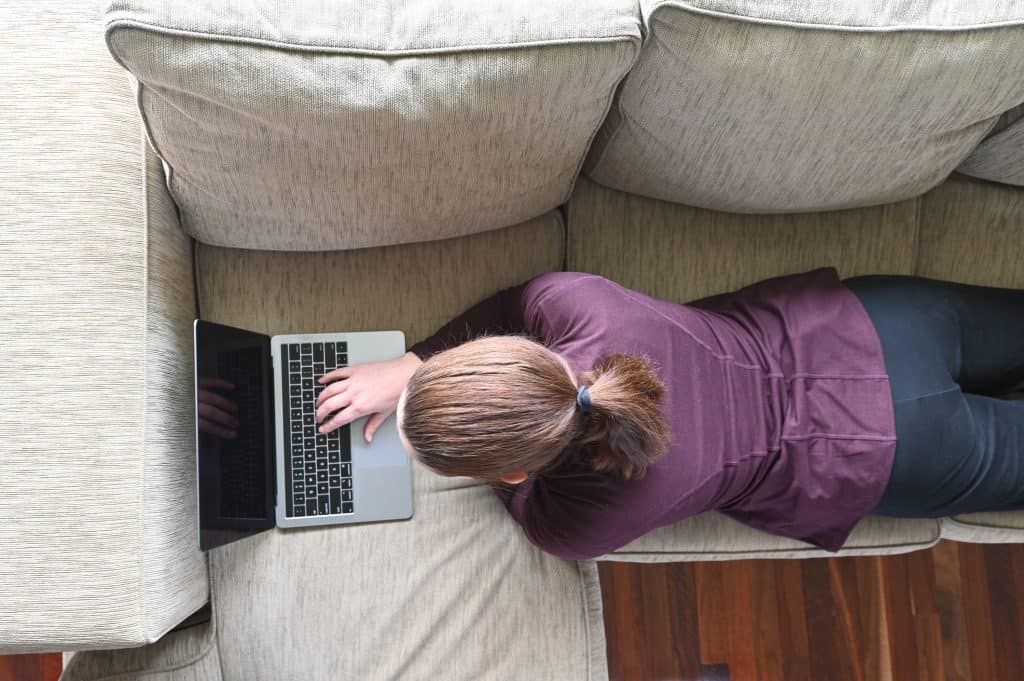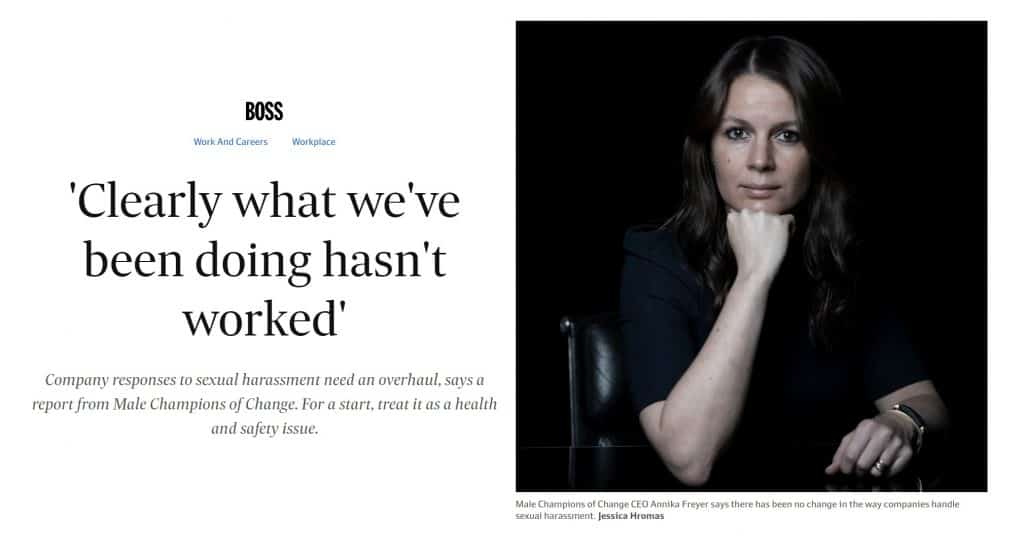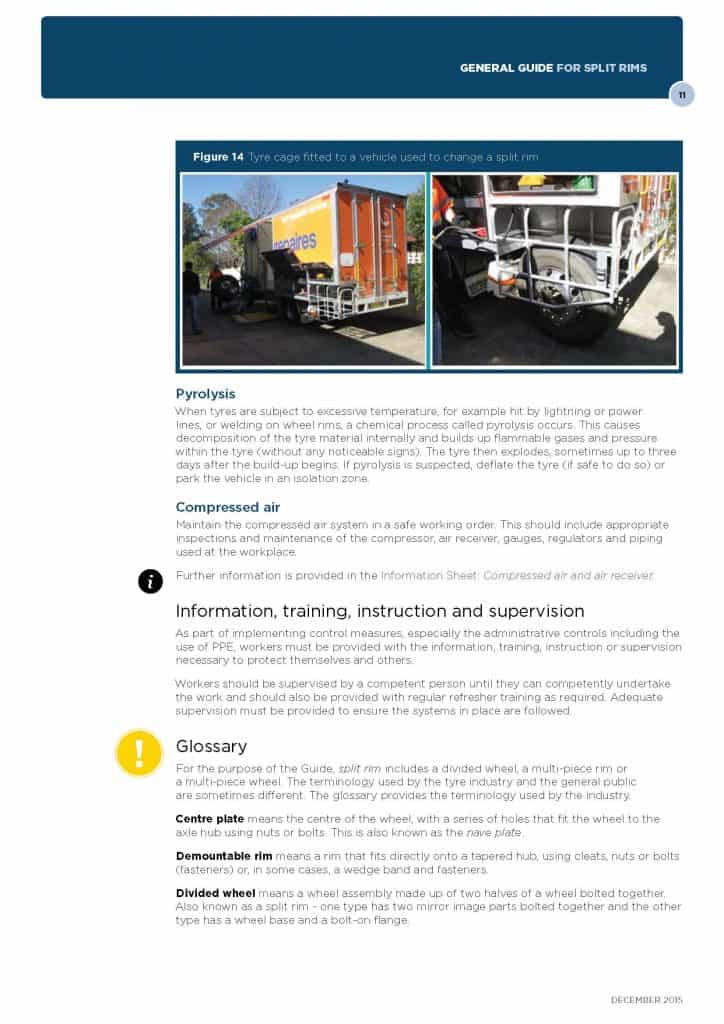
On September 12 2020, The Australian’s workplace relations journalist Ewin Hannan wrote about working from home (WFH), a reasonable topic as many Australians have been asked to do this, often at the request of the State Government, in order to reduce and control the spread of the COVID-19 coronavirus. The structure of the article centred on the additional costs and risks to employers from having workers work from home, especially in relation to potential injuries and workers’ compensation. This perspective on occupational health and safety (OHS) is seriously skewed, but it reflects the dominant perspective in the media and the community. A little bit more research would have provided a more accurate picture about Working From Home.





